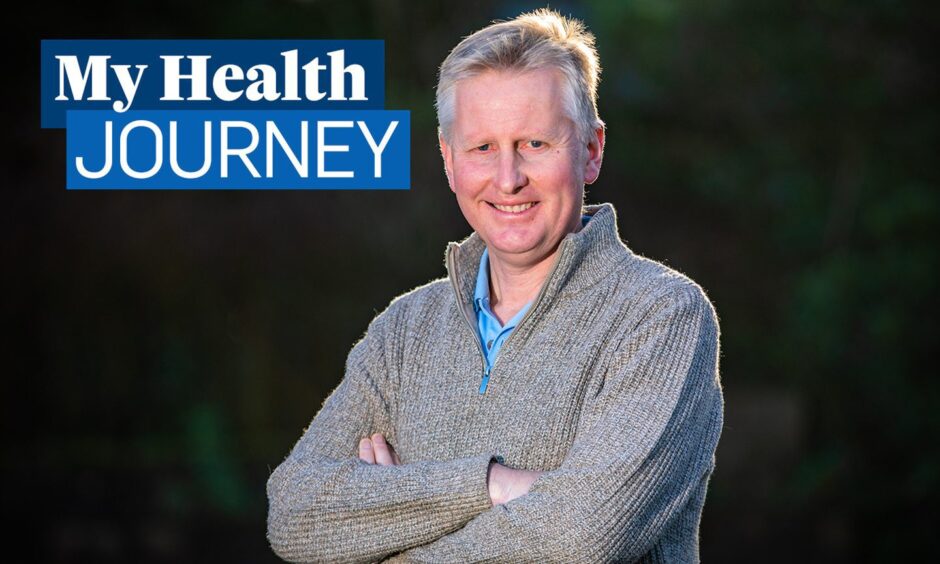
When long distance runner Ian started to feel breathless, struggled to walk and unexpectedly put on weight, he had no idea these were symptoms of heart failure.
The 58-year-old from Killearn had been feeling unwell since having Covid-19 at the end of 2020 and initially he had put it down to his recovery.
But after coming close to collapsing on the West Highland Way he realised that something else was very wrong.
“As time went on, I started to feel worse,” he remembers.
“I was very aware that I was putting on weight and my face was quite puffy.
“And there was no real reason for me to be gaining weight, I hadn’t changed my eating habits or anything.
“Then, this one Saturday, I was out walking the West Highland Way with my wife and I could hardly walk 100 yards without struggling.
“I just felt breathless and my legs were really heavy.”
His wife Sandra told him they needed to call an ambulance.
“The paramedics came out and found my heart rate was over 180 which they were very concerned about.”
Tests followed.
“They concluded I had chronic heart failure.”
What happens when you have heart failure?
Heart failure means the heart is unable to pump blood around the body properly, so you aren’t getting enough oxygen, according to the British Heart Foundation.
It usually happens because the heart has become too weak or stiff.
Heart failure does not mean the heart has stopped working – it just needs some support to help it work better.
Heart failure is a long-term condition that tends to get gradually worse over time.
It cannot usually be cured, but the symptoms can often be controlled for many years.
One of the ways it can be controlled is through medication.
Ian puzzled by breathlessness and ‘puffy face’
Ian said doctors told him he had actually put on over a stone in weight and this was due to fluid retention.
“It turned out my heart wasn’t able to work properly to get rid of the fluid so my body just saved it up which caused the weight gain within a period of two-three weeks.
“Once I was given diuretics (water pills that help you move extra fluid and salt out of your body) I lost the weight quite quickly and they managed to get it under control.
The dad-of-four remembers that he found it difficult to take in all the information he was given.
“I didn’t know what chronic heart failure was at the time, ” he recalls.
“You don’t really take it in when you are in hospital.
“The consultant gives you all this information and you are trying really hard to remember it all so you can tell your wife and family because they are wanting an update.
“But it’s quite hard to remember exactly what they are telling you.”
Ian explained: “To start with I was taking about 12 different tablets a day.
“Now I am down to taking eight tablets daily and I probably will be taking them for the rest of my life.
“It’s just become part of my routine.”
Ian also has to be careful not to take too much salt in his diet and he can’t drink too many fluids on a daily basis, as well as giving up alcohol.
No more marathons
Unfortunately because of his diagnosis, Ian has also had to give up one of his sporting passions which was running.
For 30 years he was a keen runner taking part in over 100 marathons, half marathons and ultra marathons.
But he is still very much involved in the sport as he is a qualified endurance running coach.
And he also organises the annual West Highland Way Race (a 95 mile ultramarathon) every summer.
“I coach a running group outside in Killearn on a Wednesday night,” Ian said.
“Most of the folk are just keen to do some running but I give them some structure to their training. Around ten to 20 adults come along and it’s for runners of all abilities.
“I really enjoy it.”
He continued: “I also oversee the West Highland Way Race as director.
“I have ran the West Highland Way myself eight times and my wife has done it three times.
“It’s nice to still be involved and is one of my favourite weekends of the year.”
Involved with UK Athletics
As well as working full-time as chief operating officer of legal firm Lindsays, Ian also holds a non-executive position as chairman of UK Athletics.
He explained that the role is quite involved as he chairs the board of directors.
Ian also does a lot of travelling to all the major competitions like the European Championships, the Olympics and Paralympics.
Meanwhile, outside of work, he continues to keep active.
Instead of running, he now does a lot of walking and plays golf: “I made a point of walking 10,000 steps every day without fail.
“I have never missed a day since then.
“I tend to get up quite early and go for an hour’s walk first thing in the morning.
“This has become part of my routine.
“My wife and I also take our golden Labrador, Molly, for walks too.”
Ian lives life to the full
Ian is grateful for the support of his wife and four sons David, 37, Alastair, 34, Gordon, 25 and Stephen, 32, throughout his health journey.
But realises it must have been difficult for them.
“In many ways it is probably more difficult for my family, particularly my wife, because I can control my condition and get on with what I need to do.
“But for those around you it is completely out with their control.
“So I can understand why it can be very worrying for them.
“I have had to make some adjustments. But on the whole I have been able to continue without any real restrictions.
“If I can inspire others then that’s great because when you first get the news that you have heart failure it can be a shock.
“But in my view, there is nothing to be gained by dwelling on or reflecting on what might have been. All you can do is keep looking ahead and focus on the things you can control.”
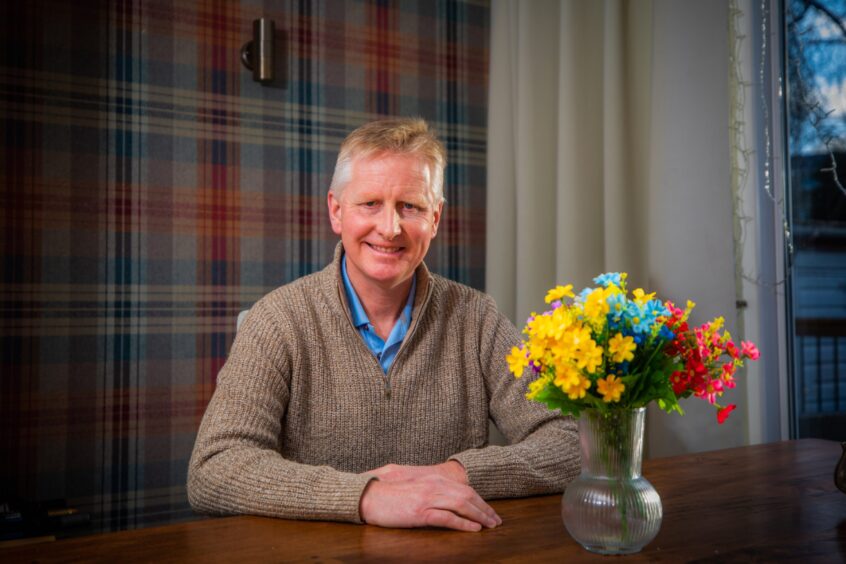
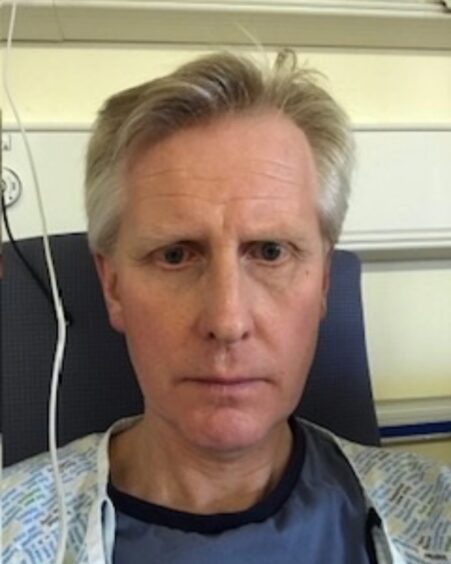
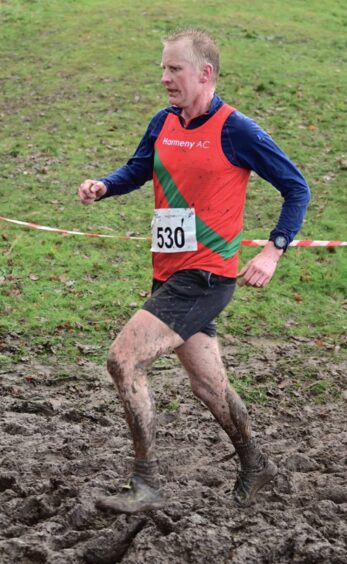

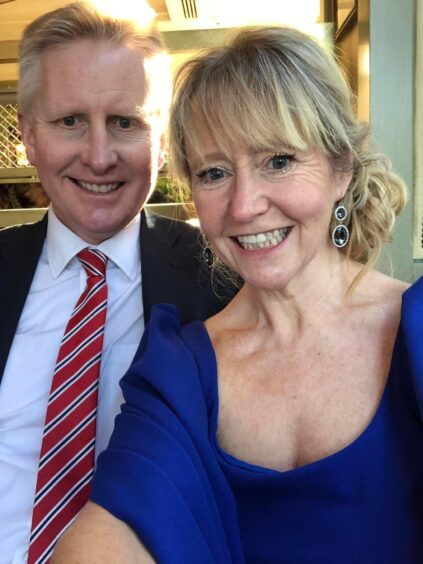


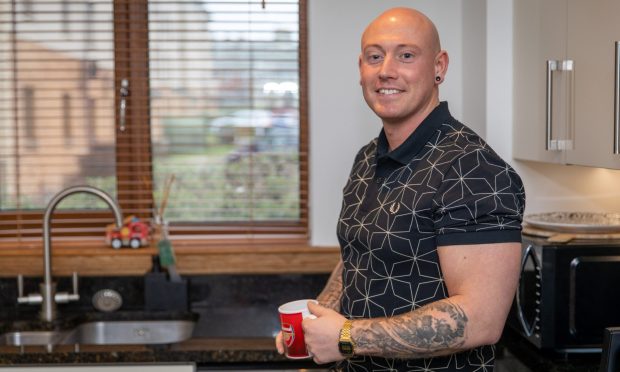
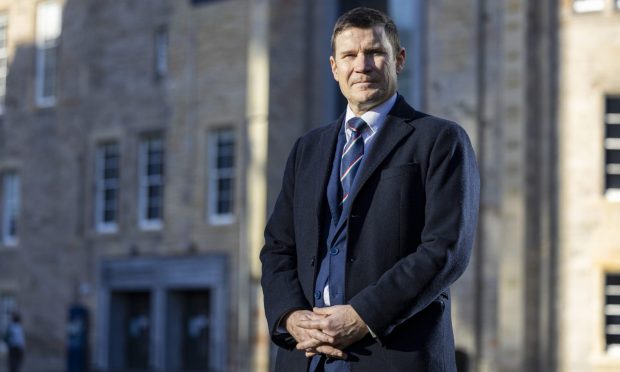
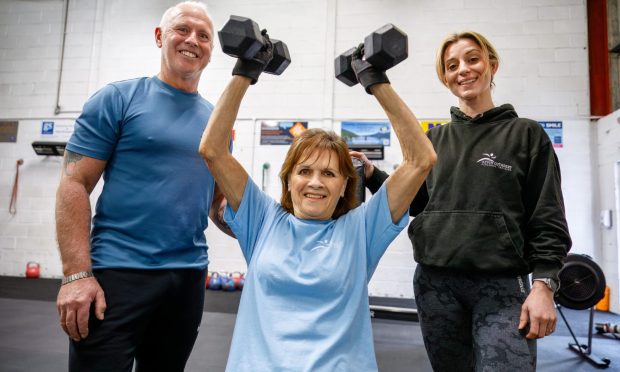

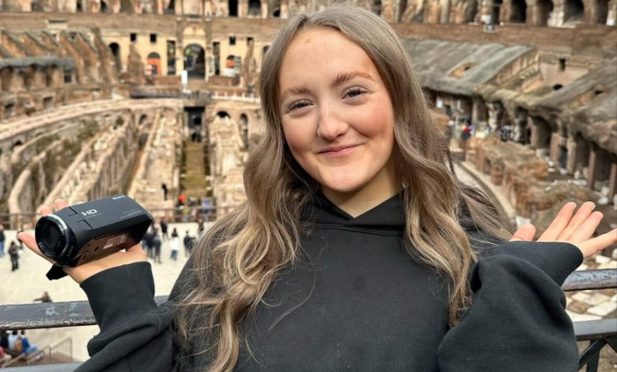


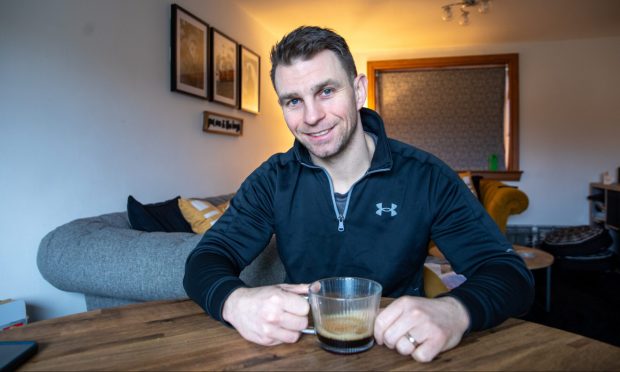

Conversation